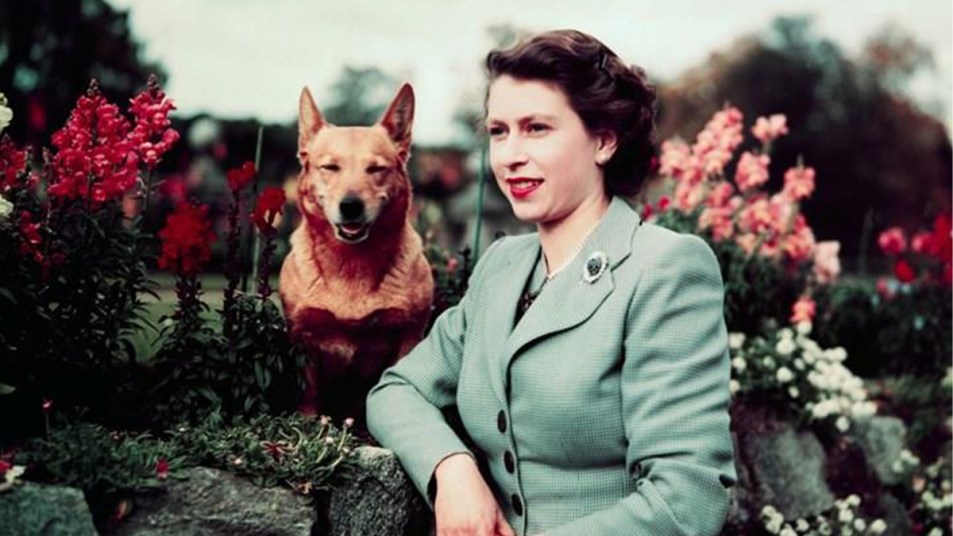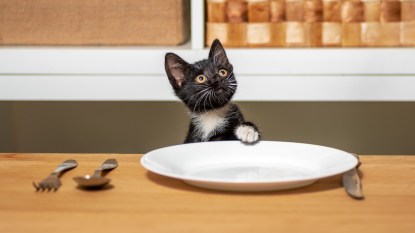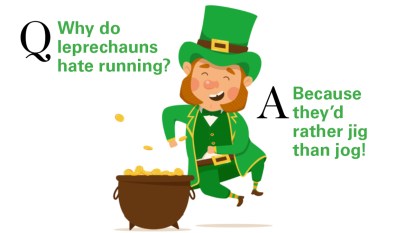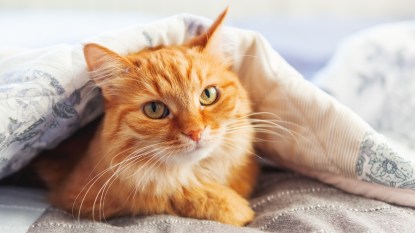Corgi 101: Why The Queen’s Favorite Dog Could Be Yours, Too
What's not to love?

Corgis have long been paw-inspiring internet fodder. Their stubby legs, fox-like appearance, and position as late Queen Elizabeth II’s pup of choice have made them iconic among dog lovers. Still, it’s reasonable to wonder what makes the corgi so special — it has to be more than just a cute face, right? Here’s a bit more about this unique breed and why you should consider making a corgi part of your own royal family.
The Corgi’s Origins
Corgis aren’t just a popular dog breed — they’re also among the oldest established breeds. There are two types: Pembroke Welsh (which is what the Queen historically owned) and Cardigan (these pups are a little larger). Both breeds were brought to different parts of Wales in the tenth century as herding dogs. But Welsh folklore says that, prior to becoming herders, corgis had a more whimsical purpose: They served as noble steeds upon whom fairies rode into battle. This is why their typical markings are in a saddle-like pattern. The folklore maintains that children found a pair of corgis while helping with their family’s cattle, and immediately saw that the fearless, battle-bred fairy dogs were naturals at herding.
The Corgi’s Personality
What corgis lack in stature, they make up for in personality. First off, they’re intelligent: The Pembroke Welsh Corgi was ranked the 11th smartest dog breed by canine researcher Stanley Coren. This means they are easy to train, but also prone to mischief when they aren’t mentally stimulated. Corgis’ need for activity, paired with their intelligence, desire to please, and roots as working dogs, makes them great candidates for becoming Emotional Support Animals for people with documented disorders, according to CorgiCare.com.
They’re also loyal and highly affectionate, making them dedicated family dogs. Due to their herding instinct and devotion, corgis may become anxious when family members are in different rooms and attempt to “herd” them into the same space, so they can all be together. Quality time is the corgi’s love language; in fact, The Daily Mail reported that Queen Elizabeth’s last corgis, Muick (pronounced “Mick”) and Sandy, were by her side in her final hours.
The Corgi’s Needs
Luckily, you don’t have to live in Buckingham Palace to make a corgi comfortable. Corgis are adaptable and suited for city or rural life, provided they’re given daily exercise. Keep in mind that they can be vocal, which makes them excellent guard dogs — but also noisy neighbors. Because of their potential to be destructive or extra vocal when bored, Canna-Pet recommends always keeping a corgi occupied with exercise, toys, or training. This breed also sheds heavily (dedicated corgi fans affectionately call the loose hair “corgi glitter” because it tends to get everywhere), so make sure you have a good vacuum if you’re going to own a corgi.
Corgis are generally healthy dogs, but can suffer from health problems due to their unique body types. According to Rover.com, corgis’ short legs are the result of a form of dwarfism, which has been bred into them intentionally to make them better suited for weaving between hooves and nipping heels while herding. However, their short legs and long back can become a risk factor for injuries and other issues like hip dysplasia. Corgis are also prone to obesity, and extra weight can put strain on their low-to-the-ground bodies. As hard as it is to resist their puppy-dog eyes, it’s best to keep them away from table scraps.
How to Adopt a Corgi
Are you ready to adopt a corgi of your own? If the answer is “yes,” be ready to pay the price — literally. Because they are such great (and adorable) pets, corgis can be expensive to purchase from breeders. A purebred corgi puppy from a reputable breeder can cost an average of $2,000. If you’re open to adopting an older dog (which has many benefits), consider a breed-specific rescue. BubblyPet.com lists some of the best corgi rescues across the nation in states like Ohio, Pennsylvania, Oregon, Florida, California, and more.
With their unique personalities and appearance, corgis are special dogs. After all, Dr. Mugford, personal animal behavior specialist to the Queen, said recently that corgis were “psychologically so important’ for the Queen’s happiness.” I’m far from royal, but they’re pretty essential to my happiness, too.














